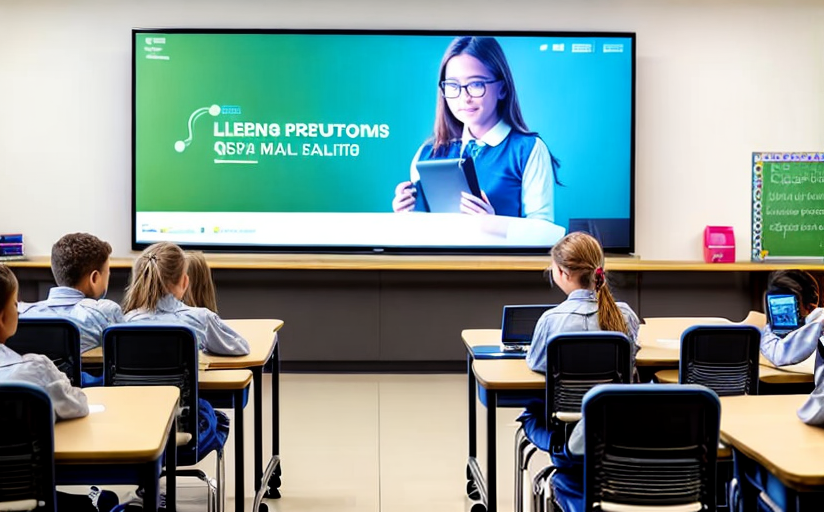The Impact of Technological Advancements on Modern Education and Learning
Technology has significantly affected several aspects of our lifestyles, and perhaps its impact on education is remarkable. Today’s education platform has drastically changed from traditional classroom settings to incorporating digital-age technologies in the learning processes.
Shift from Traditional to Technology-Based Learning
Traditional classrooms characterised by chalk and blackboards are being replaced with smart classrooms. Books are being exchanged for tablets, and hardcopy assignments are being replaced by digital submissions. These changes have not only made learning more interactive and interesting but also more effective in terms of knowledge retention.
Utilization of Digital Tools in Education
Tablets, educational applications, online courses, virtual reality, and artificial intelligence have slowly found their way into the education sector. Tablets are now common in many classrooms worldwide and offer a platform where students can access and store educational content. Educational apps provide interactive platforms where students can improve on various subjects.
Online courses have broadened the reach of education, allowing students anywhere to gain knowledge in various fields. Virtual reality currently introduces 3D learning and immersive learning experiences, enhancing understanding and interest in complex fields such as medicine and engineering. Artificial intelligence offers customizable learning experiences tailored to suit the specific learning abilities of each student.
Advantages and Challenges of Digital Learning
While e-learning comes with immense advantages such as making education accessible and appealing, it also poses various challenges. Key among these is the digital divide, where some students may lack the means to access digital learning platforms.
Statistics on Technological Impacts to Education
Statistics reveal an increasing trend in the adoption of technology in education. For instance, the e-learning market is projected to surpass $375 billion by 2026. Moreover, a recent report suggests that tech in the classroom can improve student’s outcomes by 16%.
Future of Technology in Education
Looking ahead, it's clear that technology will continue to play a pivotal role in reshaping the education sector. The rise of machine learning and AI promises more personalised learning experiences for students, while tech like VR and AR will continue to provide immersive, practical learning experiences outside the traditional classroom.
Although the journey towards complete digitalization of the education sector may be filled with challenges, the benefits it promises make it a journey worth endeavouring.


















Comments
Leave a Comment